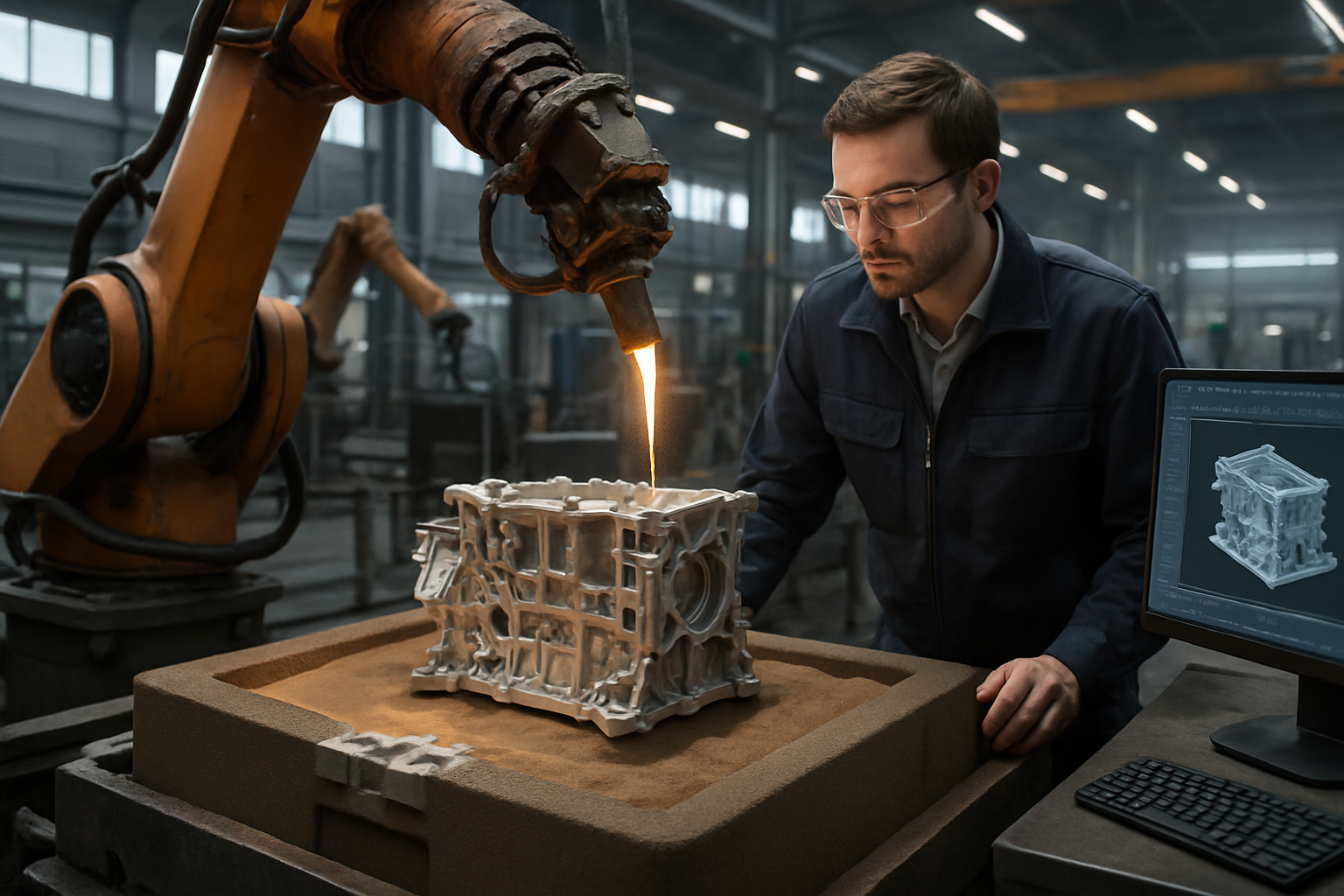Quantum Computing's Role in Revolutionizing Vehicle Manufacturing
The intersection of quantum computing and automotive engineering heralds a new era in vehicle production. This groundbreaking technology promises to transform everything from design optimization to supply chain management, potentially reshaping the entire automotive industry landscape.

The Quantum Leap in Automotive Design
Quantum computing’s ability to process vast amounts of data and solve complex problems in fractions of the time required by classical computers is set to revolutionize automotive design. Traditional computer-aided design (CAD) systems, while powerful, are limited in their ability to simulate real-world conditions accurately. Quantum computers, on the other hand, can model intricate physical systems, including fluid dynamics, material stress, and thermal properties, with incredible precision.
This capability allows engineers to create virtual prototypes that behave almost identically to their physical counterparts. The result? Faster development cycles, reduced costs, and vehicles that are optimized for performance, safety, and efficiency before a single physical component is manufactured.
Optimizing Production Lines with Quantum Algorithms
The automotive industry has long been at the forefront of adopting advanced manufacturing techniques. However, the introduction of quantum computing takes production optimization to an entirely new level. Quantum algorithms can analyze countless variables simultaneously, from raw material availability to worker schedules, machine maintenance needs, and energy consumption.
By processing this data, quantum computers can suggest optimal production schedules that minimize downtime, reduce waste, and maximize efficiency. This level of optimization was previously unattainable due to the sheer complexity of the calculations involved. With quantum computing, manufacturers can potentially save millions in production costs while increasing output and quality.
Revolutionizing Supply Chain Management
One of the most significant challenges in the automotive industry is managing the complex, global supply chains that support vehicle production. Quantum computing offers a solution by enabling real-time optimization of logistics networks. By analyzing countless potential scenarios and outcomes, quantum algorithms can predict and mitigate supply chain disruptions before they occur.
This predictive capability extends to inventory management as well. Quantum-powered systems can forecast demand with unprecedented accuracy, allowing manufacturers to maintain optimal inventory levels. The result is a more resilient, efficient, and cost-effective supply chain that can adapt quickly to changing market conditions.
Enhancing Quality Control through Quantum Sensing
Quantum technology isn’t limited to computing; it also encompasses sensing and measurement. Quantum sensors, which leverage the principles of quantum mechanics to achieve ultra-high precision, are poised to revolutionize quality control in automotive manufacturing.
These sensors can detect minute defects in materials and components that would be invisible to traditional inspection methods. By integrating quantum sensing into production lines, manufacturers can identify and address quality issues in real-time, significantly reducing defects and recalls while improving overall vehicle reliability and safety.
The Road Ahead: Challenges and Opportunities
While the potential of quantum computing in automotive manufacturing is immense, significant challenges remain. The technology is still in its infancy, and practical, large-scale quantum computers capable of outperforming classical systems for complex tasks are yet to be realized. Additionally, integrating quantum systems with existing manufacturing infrastructure and training personnel to work with this new technology will require substantial investment and time.
However, the automotive industry has always been at the forefront of technological adoption, and several major manufacturers are already investing heavily in quantum research and development. As quantum technology matures, we can expect to see early applications in specific areas of vehicle design and production optimization.
The integration of quantum computing into automotive manufacturing represents a paradigm shift in how vehicles are designed, produced, and optimized. As the technology evolves, we can anticipate cars that are safer, more efficient, and more closely tailored to individual consumer needs. The quantum revolution in automotive manufacturing is just beginning, and its full impact on the industry and the vehicles we drive is yet to be fully realized.
In conclusion, quantum computing stands poised to redefine the automotive manufacturing landscape. From revolutionizing design processes to optimizing production lines and enhancing quality control, this cutting-edge technology promises to usher in a new era of innovation and efficiency in the automotive industry. As quantum systems continue to evolve and mature, their integration into vehicle manufacturing will likely accelerate, potentially leading to a quantum leap in how we conceive, produce, and interact with automobiles in the future.




